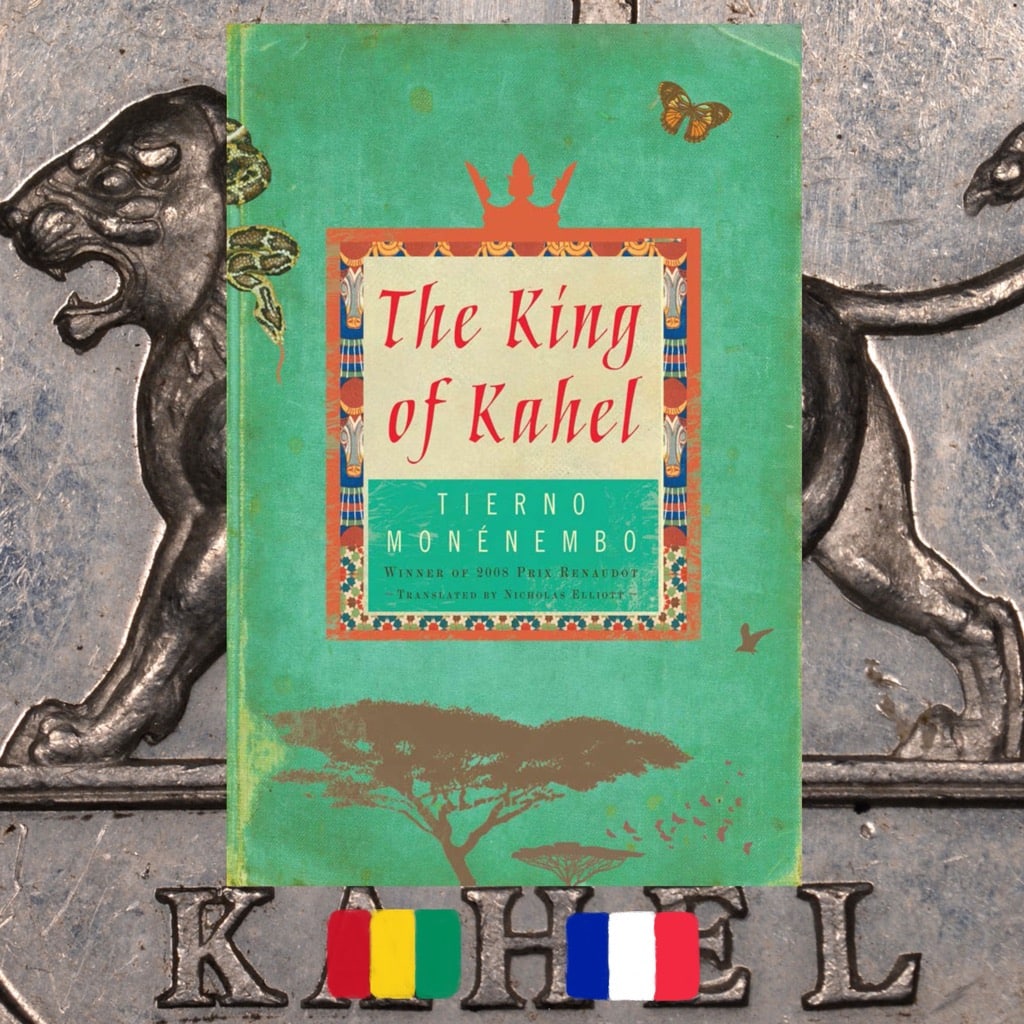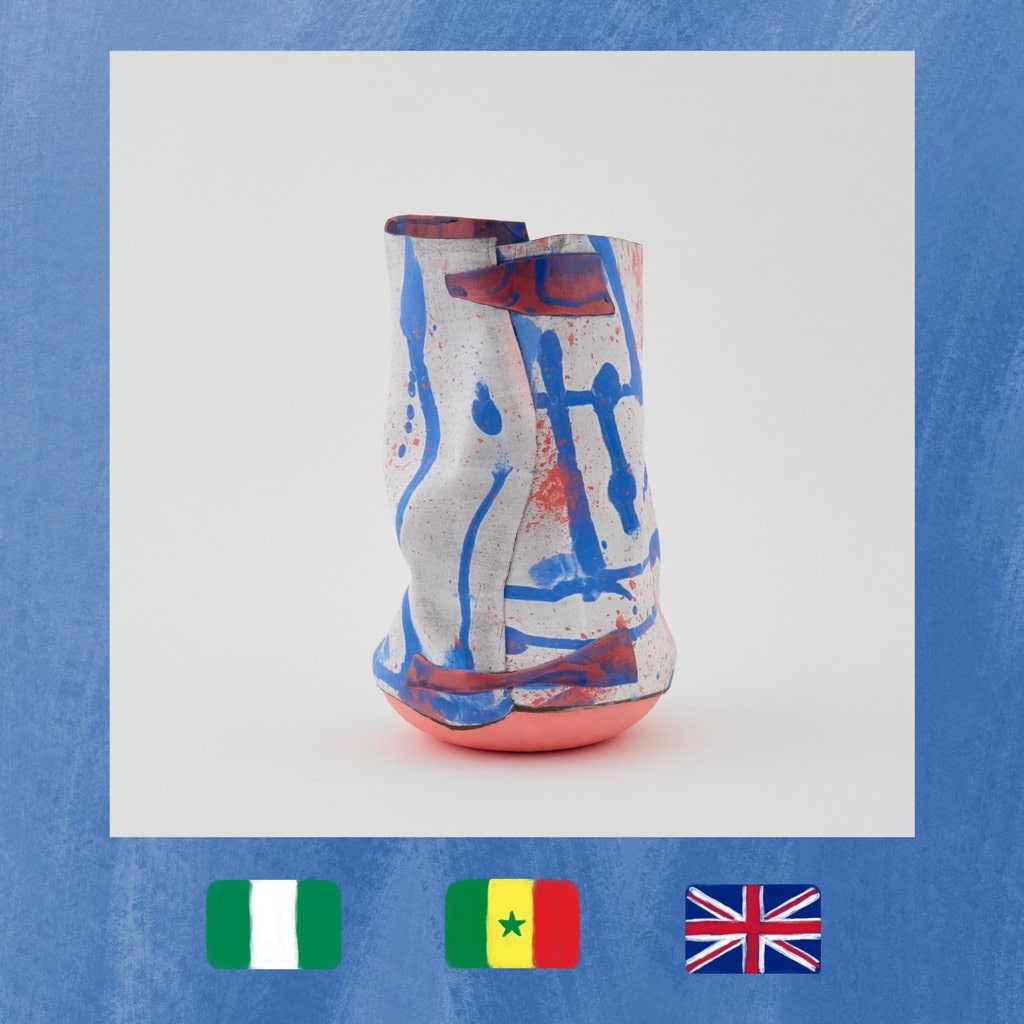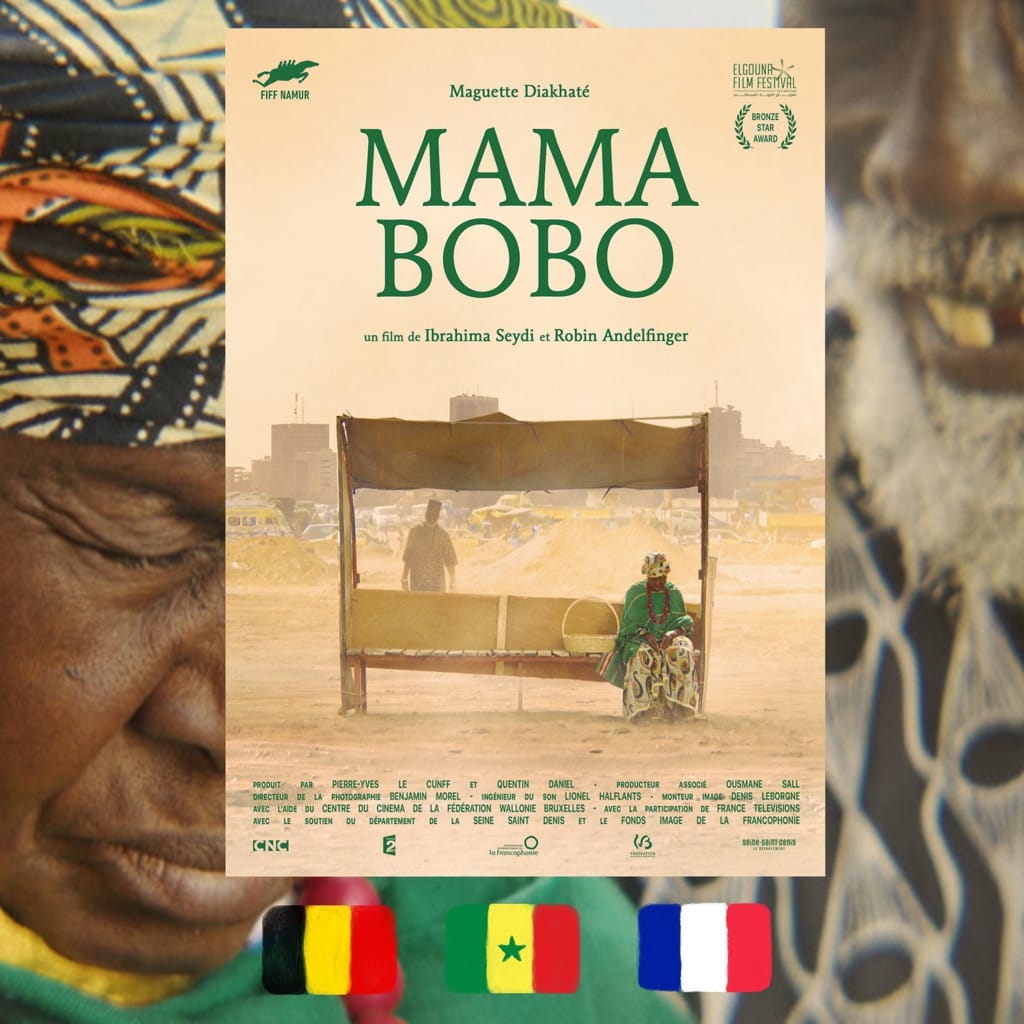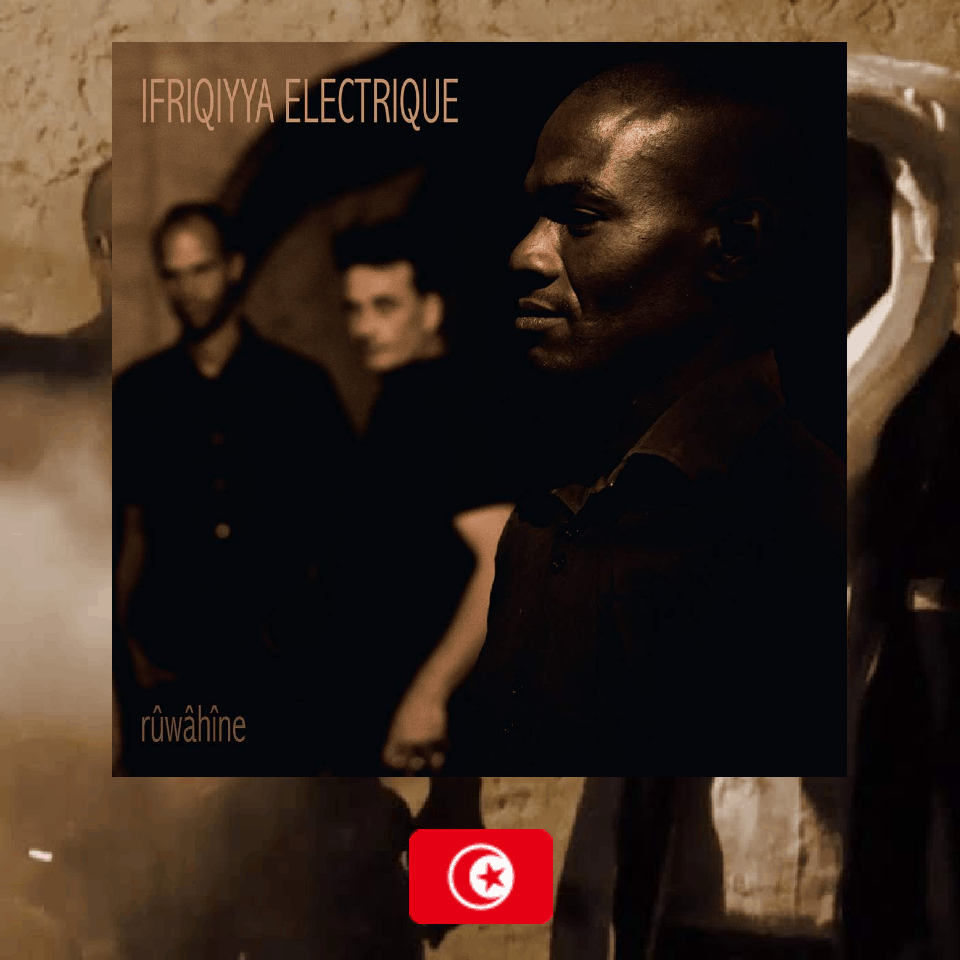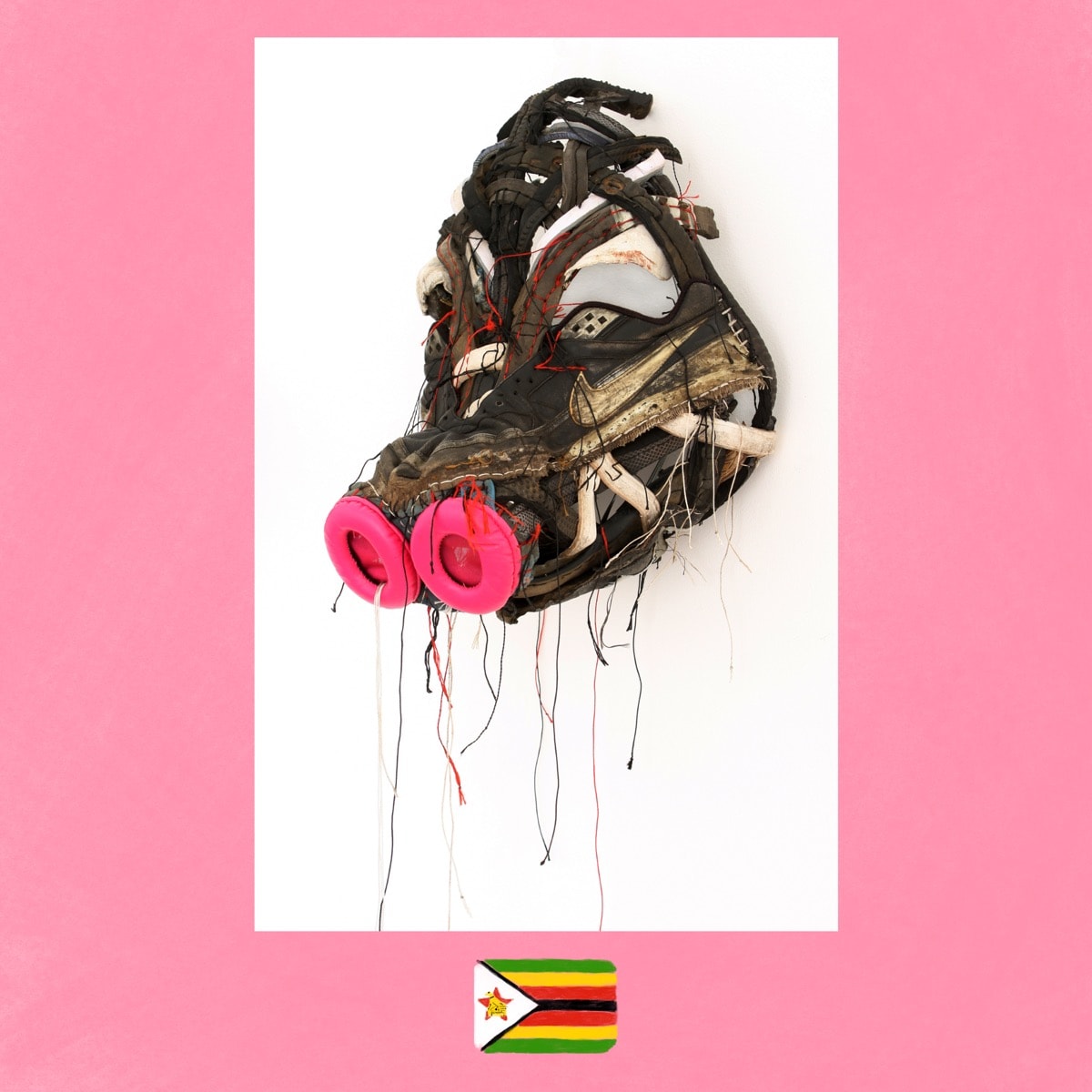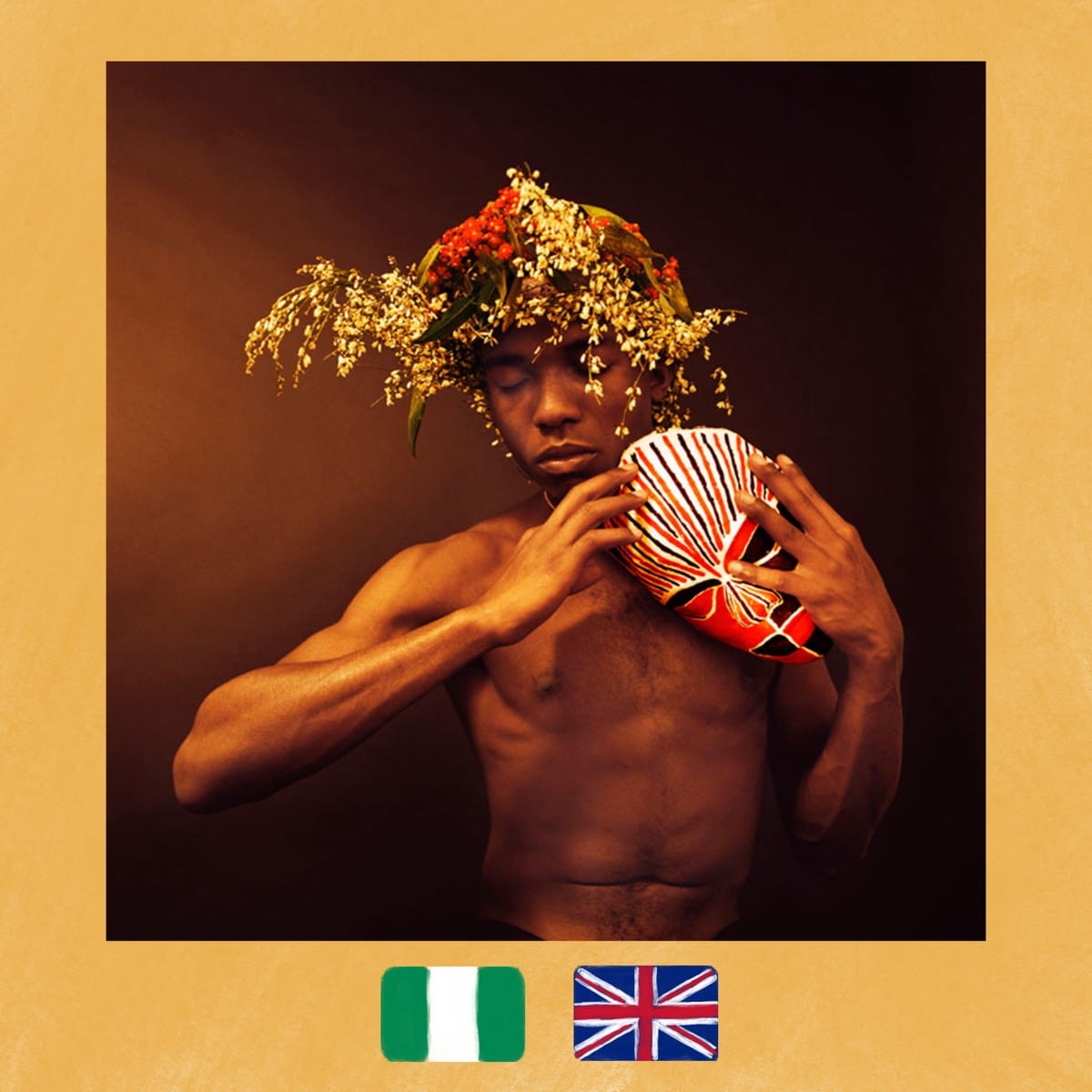In the aftermath of the Chadian war, a young man looks to avenge his father’s death but instead finds a father figure in this stunning parable about the humanity hiding beneath the scar tissue
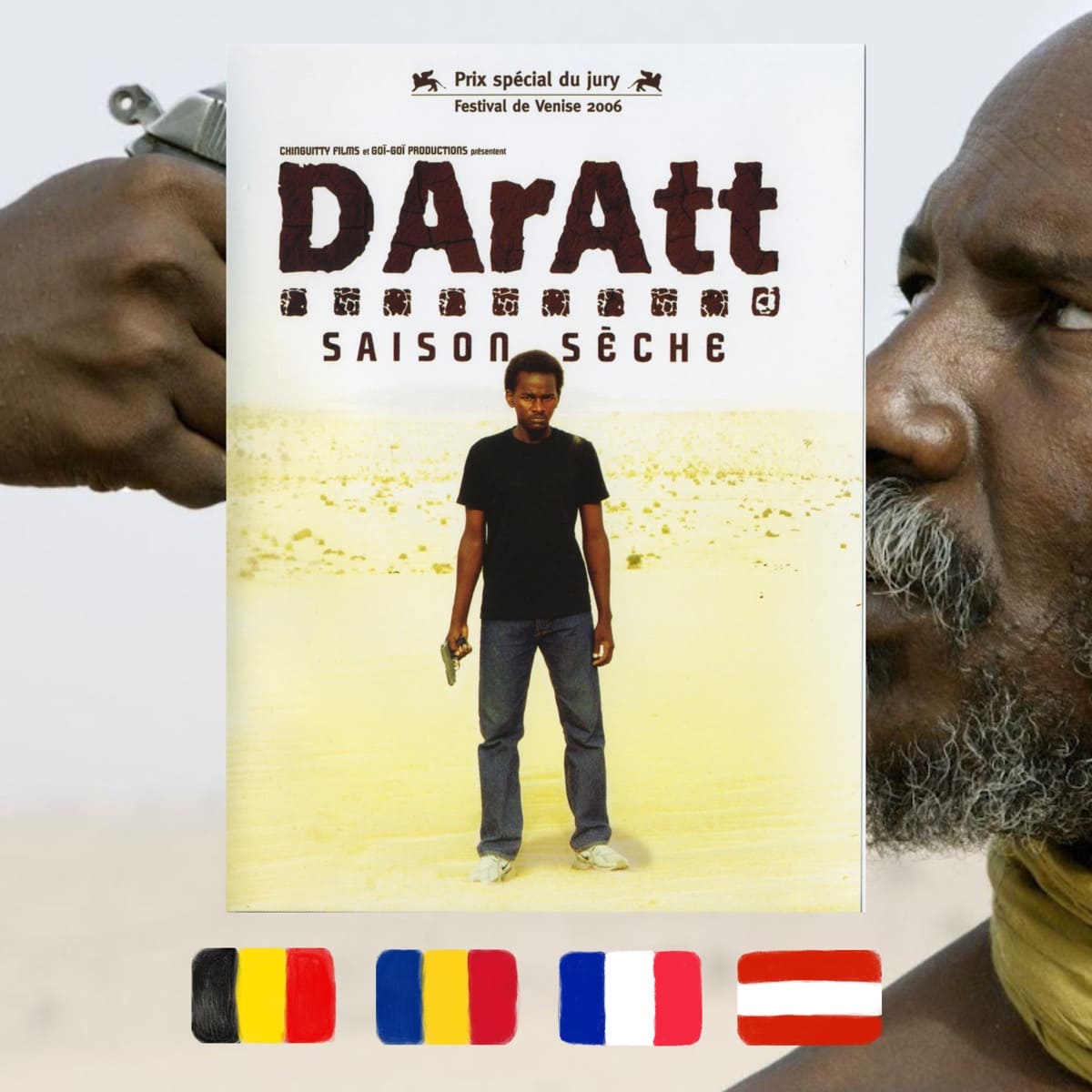

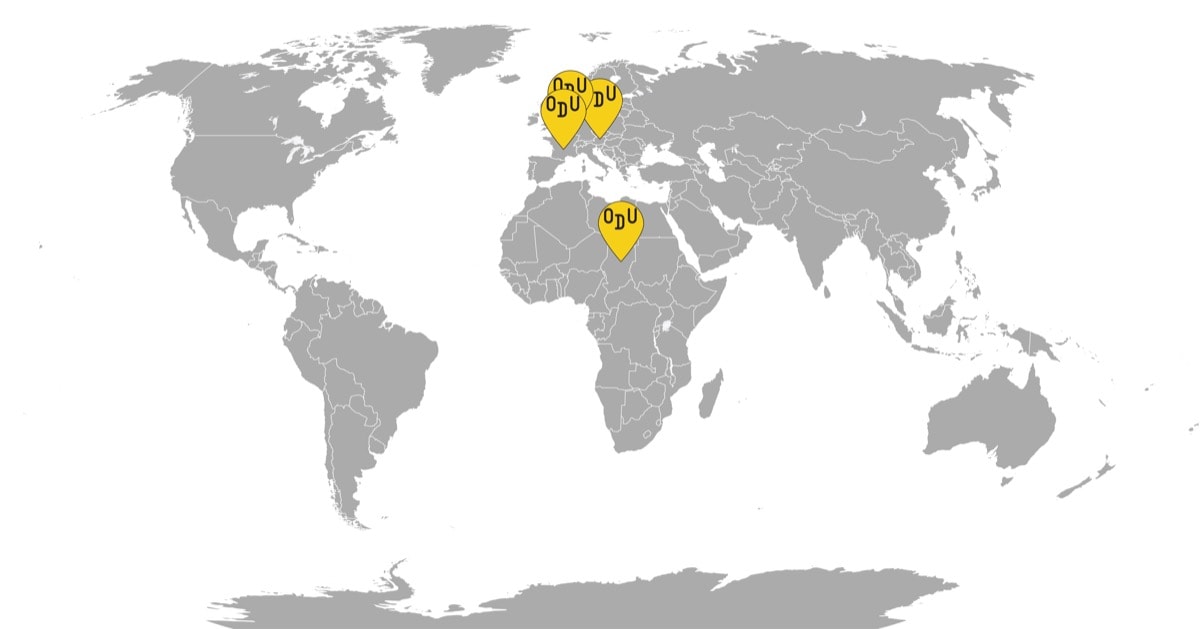
WHAT IT’S ABOUT: In the brief period of a ceasefire between the many civil wars in Chad, Gumar Abatcha learns that the government has amnestied the war criminals implicated in past atrocities. And that means that the killer of his son can now roam free. Blind and aging, Abatcha can not get vengeance on his own, so he sends his sixteen-year-old grandson Atim to seek justice for the father he’d never had. Atim finds the perpetrator—Nassara—leading a quiet life of a sickly, pious baker trying to atone for his past sins. To familiarize himself with Nassara and his business, Atim becomes his apprentice, and the two share a reluctant, yet powerful bond. As his grandfather awaits Atim to go through with the vendetta, the boy must decide whether he’s ready to forfeit his father’s honor for this unexpected chance at human connection.
WHO MADE IT: Mahamat-Saleh Haroun is perhaps his country’s most prominent filmmaker. Beginning his career in the field of shorts and documentaries, he gained renown with his 2002 film “Abouna” about two teenage brothers also struggling with father issues. After “Dry Season” swept five awards in Venice and three at Ougadougou, his career was cemented, and he went on to receive the Cannes jury prize with “A Screaming Man.” His later works include two affecting dramas, a bunch of collaborations on anthology projects dealing with human rights, as well as the documentary about the trial of Western-backed Chadian dictator Hissène Habré.
Ali Barkai, who plays Atim, continued acting, including in Claire Denis’ “White Material” and remains a celebrity in his homeland. Meanwhile, Youssouf Djaoro, who performs in the role of Nassara, is perhaps the country’s best-known actor: after “Dry Season,” he continued working with Haroun, as well as French and Burkinabe directors. Khayar Oumar Defallah, who plays Gumar Abatcha, is a Chadian writer known for his memoirs “Son of a Nomad.”
Chadian Abraham Haile Biru is the DOP on the film, while Wasis Diop created the music for it: the Senegalese composer is also the brother and collaborator to Djibril Diop Mambety, and father to Mati Diop.
The team of producers includes the prominent Malian filmmaker of Mauritanian heritage, Abderrahmane Sissako.
WHY DO WE CARE: Chad has been plagued by a string of civil wars and international conflicts throughout its whole existence as an independent country, and “Dry Season” is a remarkable look into this desolate landscape, where trauma, whether by an outside force or born within by one’s own actions, is omnipresent. There is no hope that any kind of resolution will come from the government. So the suffering of injustice is inherited alongside the need to avenge or reconcile, to do something meaningful, and attempt to redeem the hurt of the past.
As we observe the many ongoing conflicts across the world, we don’t often consider what kind of future exists for the people, and most importantly, the children who grow up in it. “Dry Season” is both historically accurate and prescient. The space of this film shows the way trauma has seeped into everything, from the way hungry children have to assemble for Nassara’s leftovers at the closing hour to the actual PTSD that has formed a carapace of cruelty on veterans, who walk through peaceful life, just like they walked through war, reaping devastation.
WHY YOU NEED TO WATCH: “Dry Season” is a very minimal exercise in filmmaking, where each scene is both carefully set-up and framed, and the interactions between actors, sometimes silent, sometimes with limited, but precise dialogue, are succinct, serving to move the story forward, yet also laying bare the character’s inner worlds and the seismic shifts that occur in them as the bond between Atim and Nassara grows.
The same restraint applies to the film’s colors, where the beige of the sand, the dough, and the low hanging sky is accented by the stark colors in clothes. For instance, the closer Atim and Nassara get to each other, the better Atim gets at baking bread, the brighter his clothes become, as if mimicking Nassara’s wound-shielding scarf: the boy warmed by the humanity of the encounter comes alive. Nassara’s young wife Aicha is always full of color, and out of place both in her family and the overall landscape: a tree branch cutting that can never become fertile. All of this makes for a very visually stimulating viewing: the film refuses to reveal its whole palette at once but instead offers the swatches one at a time.
Meanwhile, the two defining moments, in which Atim, through the pain and lack of alternatives has to lose his innocence and childlike blamelessness, place the military uniform as the singular evil, and black, usually a color of mourning, as that of liberation.
A heartbreaking but also hopeful look into what it means to grow up when your existence is informed by war, “Dry Season” is a harsh and brutally honest film. However, because of this relentless sincerity, it also shows that humans conceal a warm, soft core within, under the hard crusts, just like with loaves of bread that Nassara teaches Atim to bake. This core is malleable, fragile, and must be protected against the harsh realities,—but it’s there.
Full of wisdom and compassion, “Dry Season” is—both unfortunately and splendidly so—a timeless story and a powerful parable on how in the greatest devastation, simple things can mend what has always been broken. Infused with brilliant, quietly shattering performances from the local actors, it is also a great introduction to the great Mahamat-Saleh Haroun’s work.
Dry Season (Daratt), 2006
Director: Mahamat-Saleh Haroun
For more content like this sign up for our weekly newsletter
WATCH THE TRAILER


